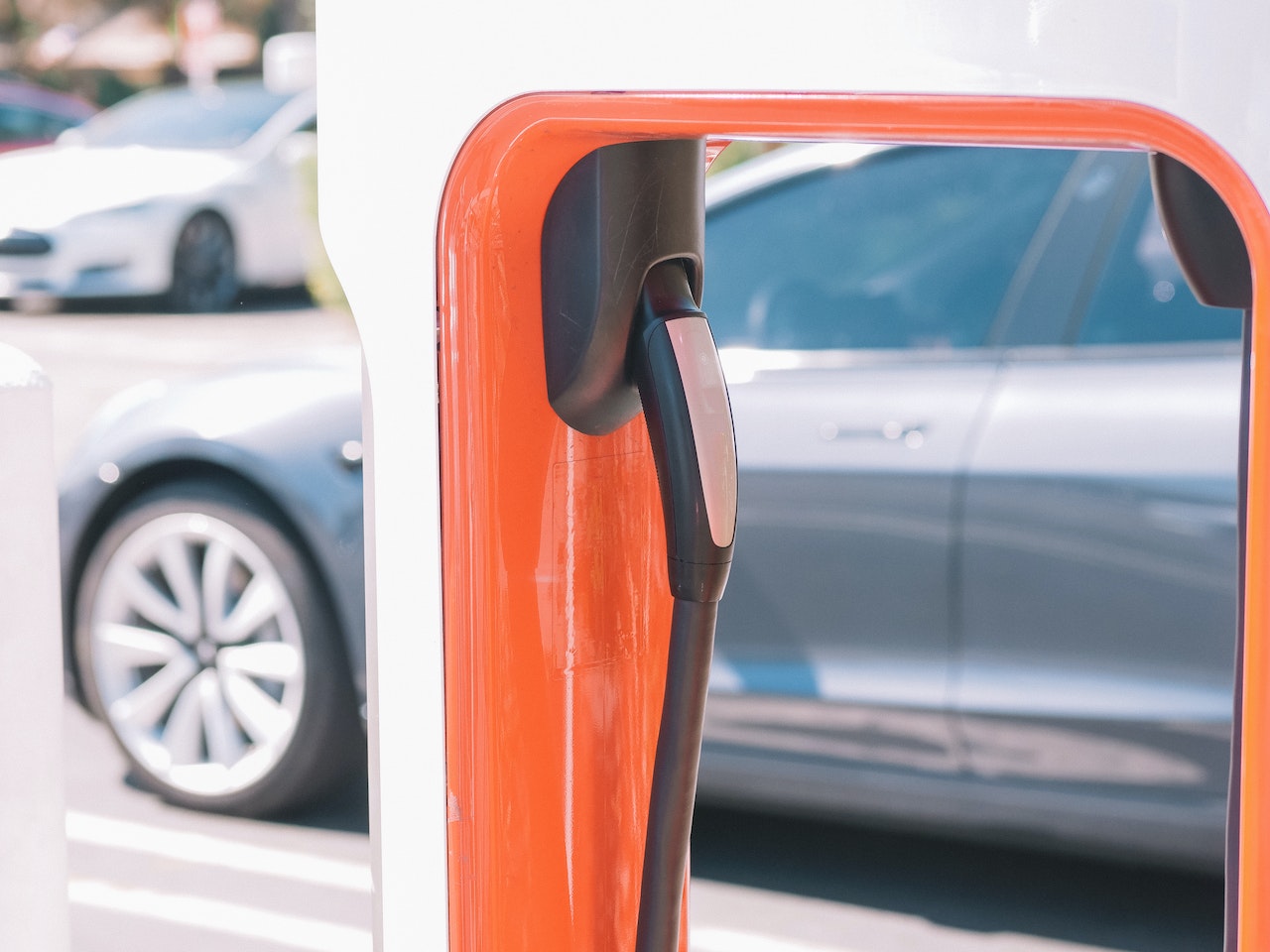Hyundai Motor and Kia Corp have officially confirmed their decision to embrace Tesla Inc’s North American Charging Station Standard (NACS) for their electric vehicles (EVs) in the United States. This announcement, which had been the subject of intense speculation in recent months, signifies a significant shift in the EV charging landscape and has raised questions about the future of the rival Combined Charging System (CCS).
Beginning in the fourth quarter of 2024, new EV models of Hyundai and Kia in the United States will be equipped with NACS-compatible ports. Canadian consumers can expect Hyundai EVs to feature NACS ports in the first half of 2025, while Kia EVs will follow suit by the end of 2024. This strategic move enables Hyundai and Kia EV owners to tap into Tesla’s expansive network of over 12,000 Superchargers spanning the United States, Canada, and Mexico. Additionally, adapters will be made available to current and future Hyundai and Kia EV owners with CCS ports, granting them access to Tesla’s Supercharging Network by the first quarter of 2025.
Hyundai and Kia now join the ranks of automotive giants like Ford Motor, General Motors, and Nissan, who have already embraced Tesla’s NACS as the preferred charging standard. Meanwhile, automakers such as Volkswagen continue to champion the rival CCS system. This shift by Hyundai and Kia towards NACS compatibility follows their earlier indications of exploring options to align their vehicles with this charging system back in June. In July, the two companies announced a joint venture aimed at challenging Tesla and harnessing the benefits of Biden administration subsidies.
The NACS system has gained substantial traction, with the U.S. Department of Energy reporting that it accounts for approximately 60% of the fast chargers in the United States. With Hyundai and Kia joining the NACS fold, the road ahead for the rival CCS system appears uncertain. The extent to which this move will impact CCS-backed manufacturers, particularly Volkswagen, remains to be seen.
Nonetheless, Hyundai and Kia’s adoption of the NACS system marks a momentous milestone in the rapidly evolving EV landscape. It promises to offer enhanced charging convenience and flexibility to consumers, ultimately driving the broader adoption of electric vehicles. This decision by Hyundai and Kia reflects the ever-evolving dynamics of the automotive industry, as it adapts to the changing preferences and demands of environmentally conscious consumers.
As the automotive world witnesses this pivotal shift towards Tesla’s NACS, the future promises an increasingly interconnected and efficient EV charging ecosystem, ultimately benefitting drivers and contributing to the broader goals of sustainability in the transportation sector. The impact of this transition on the automotive market and its competitors will undoubtedly be closely monitored in the months and years ahead.
Source: Reuters



